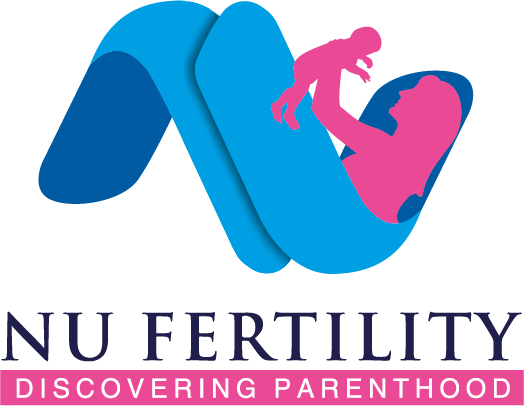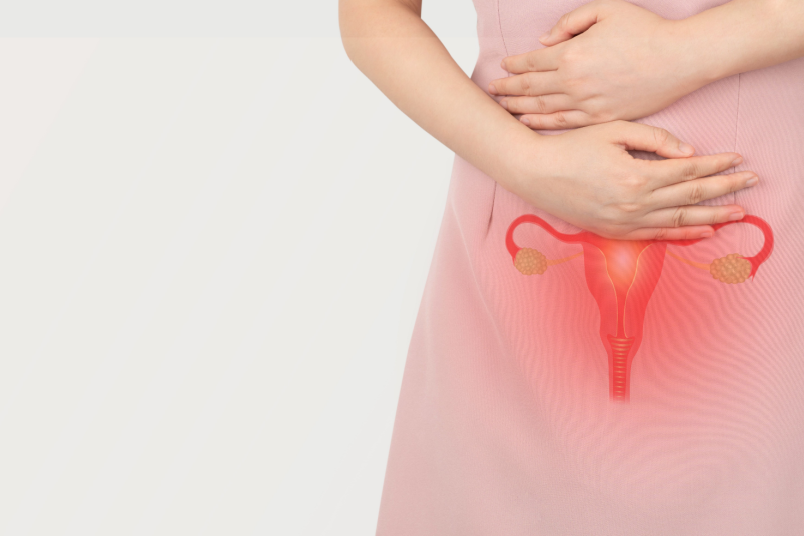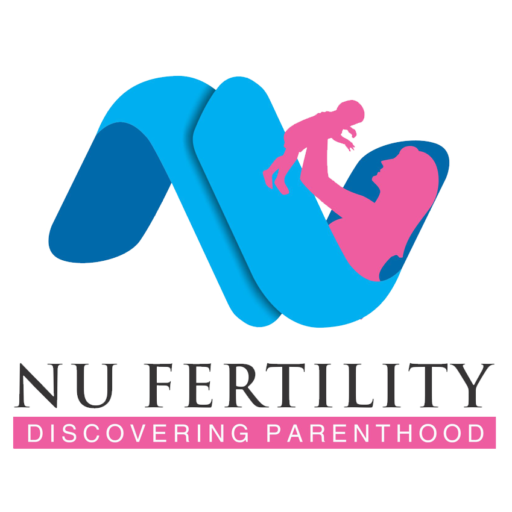
Infertility in women may be caused due to several reasons. Many a times, it is caused by ovulation problems. Ovulation is the process of release of a mature egg from the ovary. Under normal circumstances, the released egg travels to the fallopian tube where it gets fertilized by a sperm. Over a period of several days, the fertilized egg travels to the uterus, where it gets implanted. When this happens, a woman is said to be pregnant.
What is ovulation induction (OI)?
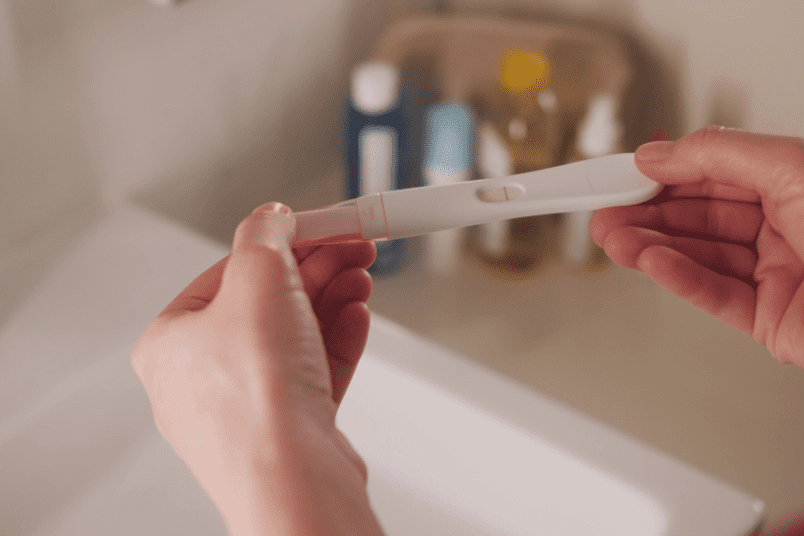
Ovulation induction is a method of assisted reproduction, useful for treating fertility issues in women who either do not have a normal ovulation or have no ovulation at all owing to hormonal disorders or a condition called Polycystic Ovary Syndrome (PCOS). In OI, fertility medications are used to stimulate the release of one or more eggs from the ovary.
Need for OI
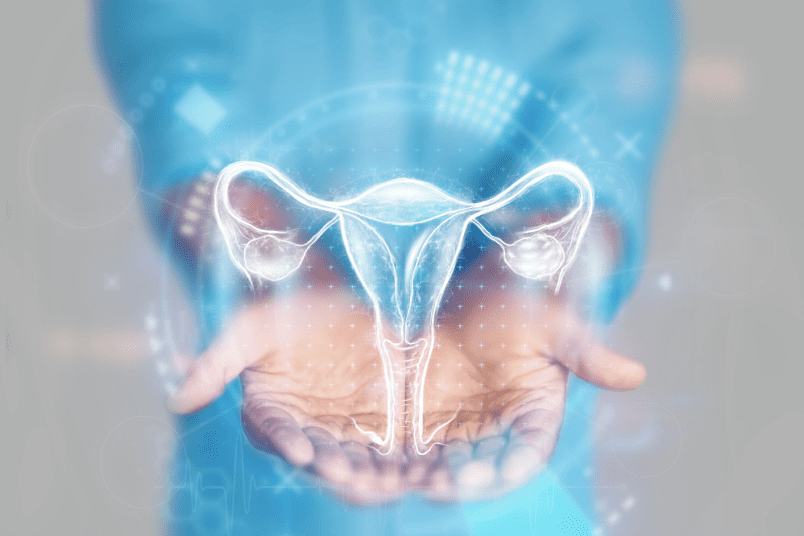
Generally, OI is done in one of two particular situations. Firstly, it is brought to use in conditions where the woman has irregular menstrual cycles and does not release an egg on her own to ovulate. With the help of these medications, the woman is able to release a single egg. Secondly, OI is helpful even if the woman is ovulating regularly on her own. In such a situation, these medications are used with an aim to release several eggs at a time. The idea behind this is that a couple who is unable to achieve pregnancy with the woman just releasing one egg per month, the chances of getting pregnant will increase if 2-3 eggs are released at a time.
How does OI work?

Ovulation-inducing medications are often the first line of treatment your healthcare provider will try in order to achieve pregnancy. These medications belong to a class called gonadotropins and work by stimulating the release of hormones that facilitate egg production. Basically, there are two types of OI medications:
- Oral medications: Often treated as the first line of treatment, these medications help women who do not ovulate or ovulate infrequently. As part of the treatment, first an ultrasound and some blood tests are carried out on the second or third day of the menstrual cycle. Starting from day 2-5 of the cycle,, you will be given oral medications such as clomiphene or letrozole for 5 days . Following this, a vaginal ultrasound will be performed on the 10th or 11th day to check how well the egg has developed. With the help of an ultrasound and blood tests, your healthcare provider would be able to monitor the development of follicles, based on which you may start attempting to conceive naturally or through intrauterine insemination (IUI).
- Injectable medications: In case oral medications are unsuccessful in giving the desired results, injectable medications containing hormones such as follicle-stimulating hormone (FSH) and Leutenizing hormone (LH) may be administered. As with oral medications, the treatment cycle begins with an ultrasound and blood tests on day 2-3 of the menstrual cycle. The injectable medications are then administered in the first half of the menstrual cycle, depending upon the response. When the lead follicle/s measure at least 16-18mm in diameter, you will be injected with human chorionic gonadotropin (hCG) to trigger ovulation. At this juncture, intercourse or IUI can be performed. This fertility medication (hCG) can be used with both IUI and IVF.
Success rate of ovulation induction
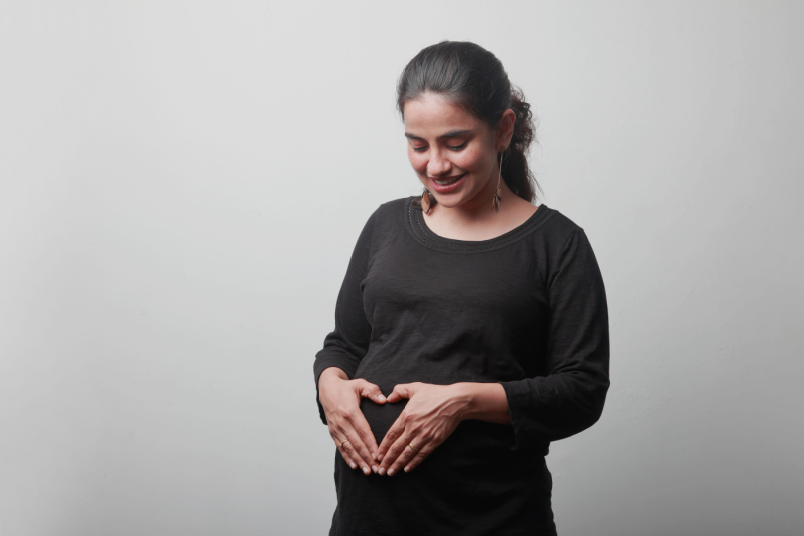
The rate of success of OI depends on the woman’s diagnosis and other factors, particularly her age. Up to 20-25% of success rate of pregnancy per cycle can be achieved in young, healthy couples with no fertility issues.
Keeping in mind the various advancements that have taken place in the field of fertility medicines, a couple need not lose hope of achieving pregnancy. With the right approach and medical aid, the dream of becoming parents can be fulfilled. Ovulation induction is the answer for many childless couples who are dealing with infertility issues.
NU Fertility @NU Hospitals offers the best treatments available to deal with infertility issues. It is the best ovulation induction fertility treatment hospital in Bangalore. The team of fertility experts here work day in and day out to help you achieve pregnancy at the earliest. As a couple who is facing fertility issues, you can visit NU fertility center and get yourself treated for the same. Giving a new lease of hope and life is the motto of NU Fertility @ NU Hospitals, Bangalore.
References:
- Ovulation induction. Northwestern Medicine. https://fertility.nm.org/ovulation-induction.html.
- Ovulation induction (OI). Stanford Medicine Children’s Health. https://www.stanfordchildrens.org/en/service/fertility-and-reproductive-health/ovulation-induction.
- Ovulation induction. Patient education. University of California San Francisco (UCSF Health). https://www.ucsfhealth.org/education/ovulation-induction.
- Ovulation Induction and Intrauterine Insemination. Yale Medicine. https://www.yalemedicine.org/conditions/ovulation-induction-intrauterine-insemination.
Author: Dr. Sneha J
